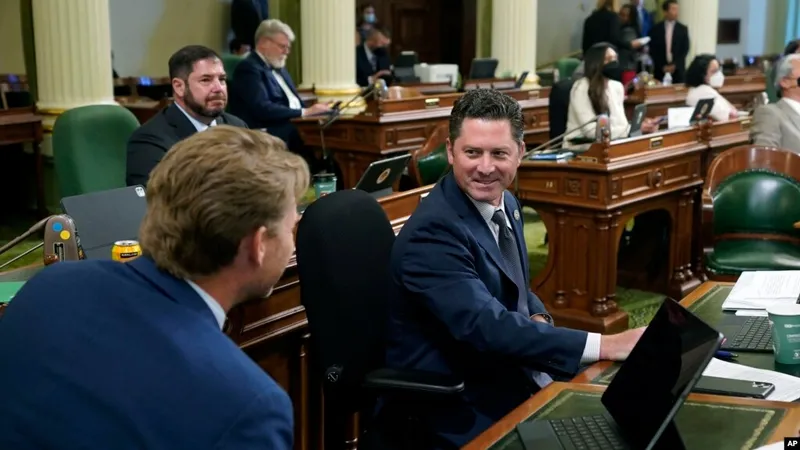The American state of California might soon hold social media companies responsible for harming children who have become addicted to their products.
Under a new bill that recently passed the state Assembly, parents could bring legal action against the likes of Instagram and TikTok for up to $25,000 for harming their children.
The bill defines “addiction” as children under 18 who are both harmed by social media and who want to stop or reduce time spent on social media, but they cannot. The bill suggests the harm can be physical, mental, emotional, developmental, or material.
Business groups have warned that if the bill becomes a law, social media companies would most likely stop operations for children in California rather than face the legal risk.
The bill would only apply to social media companies that had at least $100 million in total sales in the past year. The move appears to aim at large social media companies like Facebook and others that control the marketplace.
The bill would not apply to streaming services like Netflix and Hulu or to companies that only offer email and text messaging services.
Assemblymember Jordan Cunningham was the creator of the bill. Cunningham used the term unfettered, meaning unrestrained or without limits, to describe how he views current social media use.
“The era of unfettered social experimentation on children is over and we will protect kids,” he said.
Monday’s vote was an important — but not final — step for the bill. The bill now heads to the state Senate, where it will be the subject of hearings and discussions among lawmakers and the bill’s supporters and opponents.
The bill gives social media companies two paths to escape responsibility in the courts. If the bill becomes law, it would take effect on January 1. Companies that remove features that are considered addictive to children by April 1 would not be responsible for damages.
Also, companies that do regular reviews of their policies to identify and remove features that could be addictive to children would not be subjected to legal actions.
Despite those conditions, business groups have opposed the bill. TechNet, a group of technology leaders, wrote to lawmakers that if the bill becomes law, companies would end operations for children under 18.
“There is no social media company, let alone any business, that could tolerate that legal risk,” the group wrote.
Lawmakers appeared willing to change the part of the bill that permits parents to take legal actions against companies. But they did not present any idea about what to do instead.
Assemblymember Ken Cooley said as a lawyer he normally opposes bills that create more opportunities for lawsuits. But he said lawmakers must “change the dynamics of what is surrounding us, surrounding our kids.”
“We have to do something,” he said. “If it doesn’t turn out right, we can modify as we go along.”
I’m John Russell.
